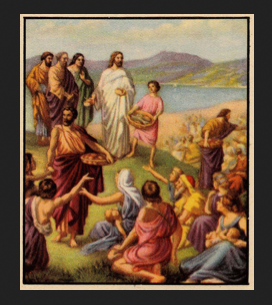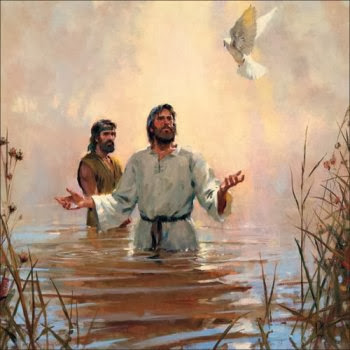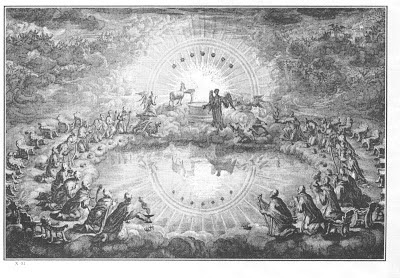 |
| Image: Pixabay |
TO CHEW ON: “‘But those things which proceed out of the mouth come from the heart and they defile a man. For out of the heart proceed evil thoughts, murders, adulteries, fornications, thefts, false witness, blasphemies’” Matthew 15:18,19
Have you ever surprised yourself by what came out of your mind or mouth? You spill a jug of juice and it’s “Oh ____!” Someone cuts you off in traffic and, mentally at least, you flip them the bird. Or you find yourself harboring, toward public figures like politicians and journalists, all manner of critical thoughts, clever put-downs, even rants at the TV.
So, we recognize within ourselves the defilements which Jesus pointed out. Can we do anything more about them than pray for a supernatural heart transplant? I think we can.
Paul’s advice to the Ephesians is full of action, suggesting that a change of heart on our part is a joint effort of God and us. That we even have the desire to change is God’s work. But there’s something we can do too. Here is the Ephesians passage from The Living Bible (relevant words in bold—my emphasis):
Stop lying to each other; tell the truth, for we are parts of each other and when we lie to each other we are hurting ourselves. If you are angry, don’t sin by nursing your grudge. Don’t let the sun go down with you still angry—get over it quickly; for when you are angry, you give a mighty foothold to the devil. If anyone is stealing he must stop it and begin using those hands of his for honest work so he can give to others in need. Don’t use bad language. Say only what is good and helpful to those you are talking to, and what will give them a blessing” - Ephesians 5:25-29 TLB.
And one more bit of to-do from James 1:19:
Dear brothers, don’t ever forget that it is best to listen much, speak little, and not become angry” - James 1:19 TLB
As Joyce Meyer says in the introduction to her book Battlefield of the Mind:
“So many people’s problems are rooted in thinking patterns that actually produce the problems they experience in their lives. Satan offers wrong thinking to everyone, but we do not have to accept his offer. Learn what types of thinking are acceptable to the Holy Spirit and what types are not acceptable.PRAYER: Help me to be aware of faulty (according to Your word) thoughts and thought patterns within me and not just bemoan them, but act to change them. Amen.
“Second Corinthians 10:4,5 clearly indicates that we must know the Word of God well enough to be able to compare what is in our mind with what is in the mind of God…
“The mind is the battlefield. It is a vital necessity that we line up our thoughts with God’s thoughts. This is a process that will take time and study” - Joyce Meyer, Battlefield of the Mind p. 4 (emphasis mind).
PSALM TO PRAY: Psalm 88
The Bible Project VIDEO: Matthew Part 2 - ch.14-28 (Read Scripture Series)
*********
Unless otherwise noted all Scripture quotations are taken from the New King James Version®. Copyright © 1982 by Thomas Nelson, Inc. Used by permission. All rights reserved.
Scriptures marked The Living Bible (or TLB) copyright © 1971 by Tyndale House Foundation. Used by permission of Tyndale House Publishers Inc., Carol Stream, Illinois 60188. All rights reserved. The Living Bible, TLB, and the The Living Bible logo are registered trademarks of Tyndale House Publishers.



















